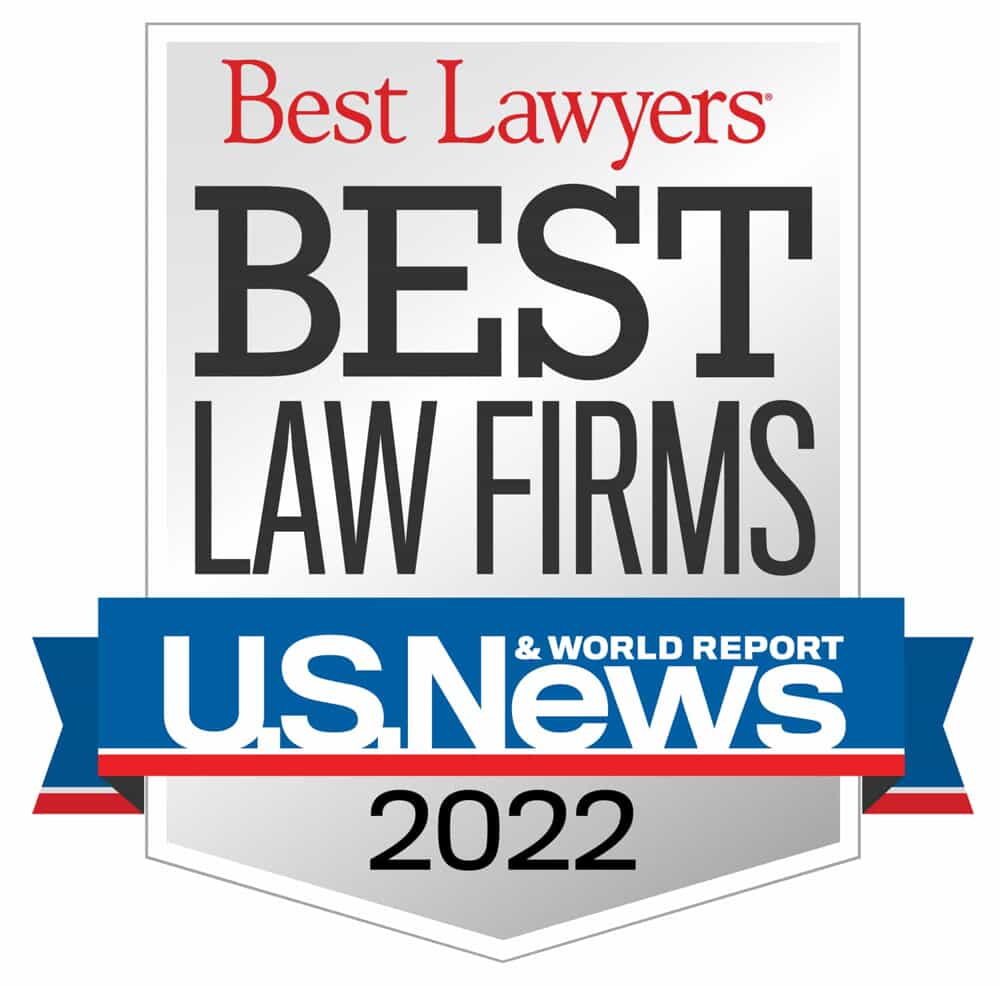
Understanding Product Liability Law
Product liability law, sometimes known as strict product liability, is a body of rules that governs when a manufacturer is liable for injuries caused by a defective product. Product liability law is unique from other areas of personal injury law because the relationship between the injured victim and the manufacturer is attenuated in space and time. In traditional personal injury claims, the wrongdoer’s identifiable actions cause the victim’s injuries. However, under product liability law, it is nearly impossible to identify the act of the wrongdoer that caused the product to be defective.
A product liability claim allows you to recover for the injuries you have sustained without showing any wrongdoing by the manufacturer. Instead, to hold the manufacturer responsible for the harm caused by their product, you are only required to show that the product was unreasonably dangerous for its intended purpose. This concept can be broken down into the following three elements:
- The product was defective
- The defective product caused your injuries
- The product was being used as intended
While the exact parameters of holding a manufacturer liable for your injuries are more complex than a three-step process, the idea is simple: you are entitled to compensation for injuries you suffer while using a defective product as intended.
As mentioned above, this is a highly complex area of the law, and proving a defective product requires skill and resources. At The Ammons Law Firm, our Lubbock Product Liability Lawyers have prosecuted product liability claims for over twenty years and have successfully recovered over $1 billion for injured clients like you.
Identifying a Product Defect
A product may be defective for one or more reasons. To hold the manufacturer liable, it must be shown that the product had a design defect, manufacturing defect, or marketing defect. Each type of defect has unique requirements and attributes. A skilled product liability lawyer can identify how a product was defective and hold the manufacturer responsible for the deficiency.
Defectively Designed Products
Design defects are defects in the actual design of the product. With a design defect, the manufacturer produced an unreasonably dangerous product in its intended form. While virtually any product could be defective in its intended form, some common examples we see include the following:
- Children’s toys that pose choking or other risks
- Helmets, seatbelts, and other safety equipment that fail to work properly
- Airbags that fail to deploy
- Instant pot pressure cookers and other kitchen appliances
- Auto roofs that lack sufficient strength to withstand rollover accidents
At The Ammons Law Firm, we work with experts from around the world who are trained in all science and engineering disciplines to help identify defective products. If a product injures you, our team will determine whether the product contains a design defect and hold the manufacturer responsible for all harm you have suffered.
Defectively Manufactured Products
A manufacturing defect is a defect that manifests itself during the manufacturing of the product. These defects differ from design defects in that they do not affect all iterations of the product. Instead, the defect is present only in those products affected by the manufacturing error. Common examples of manufacturing defects include:
- Defective electrical equipment
- Defective Tires
- Contaminated food or drugs
To hold a manufacturer liable for a manufacturing defect, you must be able to show that the product you used was defective and caused your injury. Like design defects, this is difficult and requires trained lawyers and industry experts.
Defectively Marketed Products
Marketing defects are the last type of defect for which a manufacturer can be held liable. A marketing defect generally occurs when a manufacturer fails to warn users of dangers inherent in the product’s use. Examples of failure to warn cases include the following:
- Dangerous chemicals that lack handling instructions
- Medication without dosing instructions
A marketing defect, or failure to warn claim, does have its limitations. For instance, a manufacturer is generally not required to warn of obvious dangers. That means a manufacturer may not need to include a warning that a knife will cut your finger. On the other hand, manufacturers must warn of potential risks associated with a product’s intended to use that are not obvious to the intended consumer. If you were injured while using a product and feel it did not provide sufficient warning, it is essential to talk with a skilled lawyer.
Holding Manufacturers Responsible Under Strict Product Liability
As with any serious injury, receiving help from a trained lawyer is essential to recover the compensation you are entitled to under the law. However, unlike many injuries, product liability claims are heavily dependent on the injury-causing product. As such, the product must be examined. If you were injured by a product, you need to keep the product in the same condition it was in when you were injured. If you were injured by a defective product, place the product in a secure location and call a trained lawyer immediately. A trained lawyer will know how to properly transport the product to industry experts for examination.
Once the product has been secured, your attorney will work with you and the manufacturer to secure the compensation you are entitled. This is a complicated process, and the manufacturer may be reluctant to admit fault. However, with the help of trained experts, your attorney will identify the exact defect, prove the defect accordingly, and ensure you receive the compensation you deserve.
Contact a Lubbock Product Liability Lawyer
At The Ammons Law Firm, we have helped the Lubbock community hold manufacturing companies responsible for injuries caused by defective products for over thirty years. We are the best at what we do and work tirelessly to get you the help you need to move forward. If you or a family member have been injured by a defective product, do not hesitate to contact us. We will conduct a free case consultation and provide our services on a contingency fee basis to ensure you can access our courts without any upfront costs.





 Contact our Lubbock product liability lawyers to
Contact our Lubbock product liability lawyers to 

















